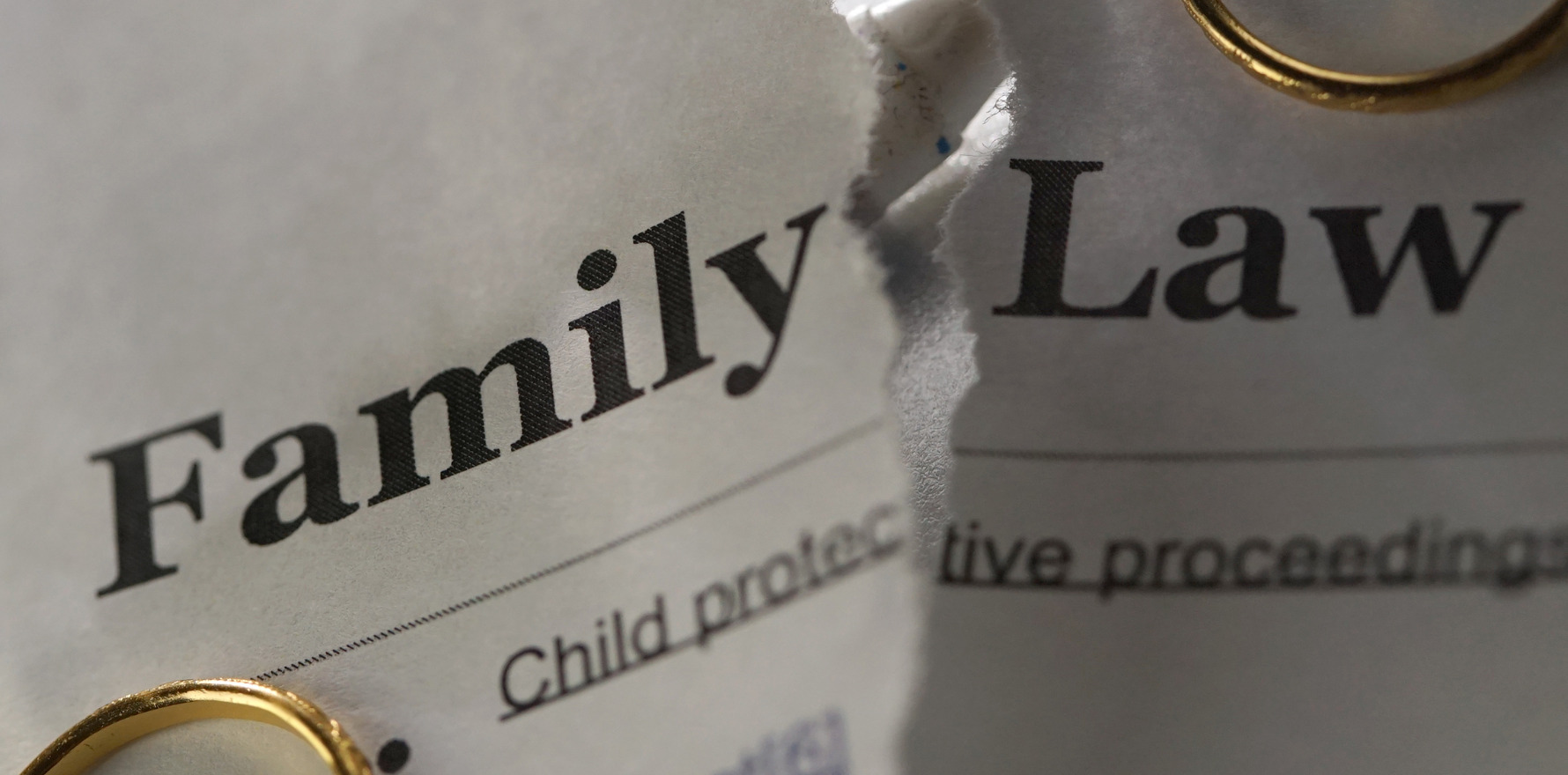Legal processes after family violence can be retraumatising for the patient and distressing for the doctor.
Domestic violence survivors going through Family Court post-separation may avoid mental health treatment, fearing the information will be used against them if their GP’s notes are subpoenaed.
Perpetrators may also legally prevent their children from talking with therapists or GPs as a way of controlling them or preventing them from disclosing incriminating information.
These scenarios, in which legal proceedings or the Court itself are used as a weapon against survivors by the perpetrator represent one of four themes highlighted in new research probing the GPs’ perceptions of the family law system.
Published in BMC Primary Care, the qualitative study comprised in-depth interviews with 15 GPs.
The analysis reveals that supporting survivors of domestic violence can be a frustrating, even distressing process for GPs.
“All I can do is offer her support and I can believe her, I can make her feel validated and give her a safe place that she can come to.” (Holly)
Healthcare providers may also baulk at taking on survivors going through the legal system, with the courts becoming a “roadblock for accessing health services”.
“When the victim has been to a GP, got a mental health plan and gone to a psychologist for help and support, that’s been used by the perpetrator to say that the victim is mentally unwell and not capable of looking after their children … women will not seek treatment, so they’ll say, I can’t be on antidepressants because he’ll use that against me in court. So, I often have to negotiate my treatment, so they look ‘sane’ in court … sometimes I’m saying … if they’re going to discriminate, they’re going to discriminate. It’s more important we keep you alive.” (Hazel)
The four themes generated – on different planets, witnessing legal systems abuse, weaponising mental health in family court, and swinging allegiances – highlight the challenges for GPs supporting survivors of domestic violence.
“The guiding ethical principle for health professionals of ‘first do no harm’ appears at times, from the GP perspective, to be in complete opposition to the practices that play out within the court system,” wrote the authors, led by Dr Jacqueline Kuruppu from the Department of General Practice at the University of Melbourne and the Safer Families Centre of Research Excellence.
“General practice values patient-centred care and focuses on listening, believing, and validating survivor experience and equitably supporting families through violence.
“The legal system, powered by the adversarial system paradigm, is focused on questioning families’ experiences, and survivors’ stories might be doubted.
“GPs in this study, who prioritise health and improving quality of life, struggle with family court’s methods.”
Chair of the RACGP’s specific interest group (SIG) in abuse and violence in families, Dr Wei-May Su, was one of the GPs interviewed.
“Most of us go into medicine being altruistic and having the perception that we want the best for our patients, and we want to be recovery orientated,” she told TMR.
“That secondary trauma which occurs from the legal system is so pivotal, because by the time you get to the point of the legal system, you’ve often walked with the person on their journey to recovery.
“And then everything goes backwards again because [the process is] re-traumatising them. The weaponisation [of the legal process] comes up a lot, and that engenders a lot of fear.”
It was important for GPs supporting survivors to know they were not alone, Dr Su said, and that is where she hopes the SIG might help.
“This space can take a toll, not just on younger doctors,” she said.
“It’s hard, because it’s often hidden. When you work in your little room by yourself, you don’t always know other people experiencing the same thing, or you don’t always know how to reach out for what’s out there, or what the strategies are for how to manage.”
Professor Heather Douglas, from the Melbourne Law School, told TMR that the Family Court recognised that it could be used by perpetrators as a weapon and that its very processes could be seen as further abuse.
“The National Plan to End Violence Against Women and Children recognises legal systems abuse as a form of domestic and family violence,” she said.
“The Family Court also recognises it, and is in the process of introducing new responses to inappropriate use of IT systems to try to lock people out of legal engagement where they’re misusing processes.
“There is definitely awareness of these issues within the legal system.”
Kupurru et al. concluded that there were “implications for GP training” in their findings.
“These challenges include a lack of understanding of the legal paradigm, perception of legal systems abuse against survivors (including use of survivor’s mental health) and finally being unsure who their allegiance is with as they see all members of the family,” they wrote.
“Implications of this for GP training are evident, including curriculum that discusses the intersection of mental health diagnoses and legal proceedings, as well as opportunities to further knowledge on family court matters where appropriate.
“Health justice partnerships are available in hospitals and there may be a place for similar close working arrangements between GPs and family court lawyers for individual patients.”
Associate Professor Louise Stone, a practising GP with extensive experience in family violence and mental health, offered four pieces of advice to GPs supporting survivors.
“First, put your advocacy at the level it needs to be at,” she told TMR.
“If you’re supporting patients, do that, but if you want do advocacy – change the system – that’s a different thing. Doing a lot for a patient is not going to change the system, but it will help the patient.
“Second, no institution behaves the way it should, or the way it says it does. They will never stand up to what they say on the box. So that will come as a shock. The more the patient (and the doctor) understands that, the better off they’re going to be.
“Third, don’t forget you have a medical defence organisation that has lawyers in it. That’s what they’re there for – ring them up and ask the questions you need answered.
“And finally, don’t underestimate what you can do. The patient in front of you is drowning in it. As GPs we can take more of a helicopter view.
“Let the patient know that they are doing the best they can. The system is unfair and it’s not ideal, but you (the patient) are demonstrating that no matter what you’ll be there for your kids.
“As a GP you can mobilise resources, so don’t underestimate what you can do – but don’t try and stretch it too far.”
The 5th edition of the RACGP’s White Book was released last year and is available online here.





